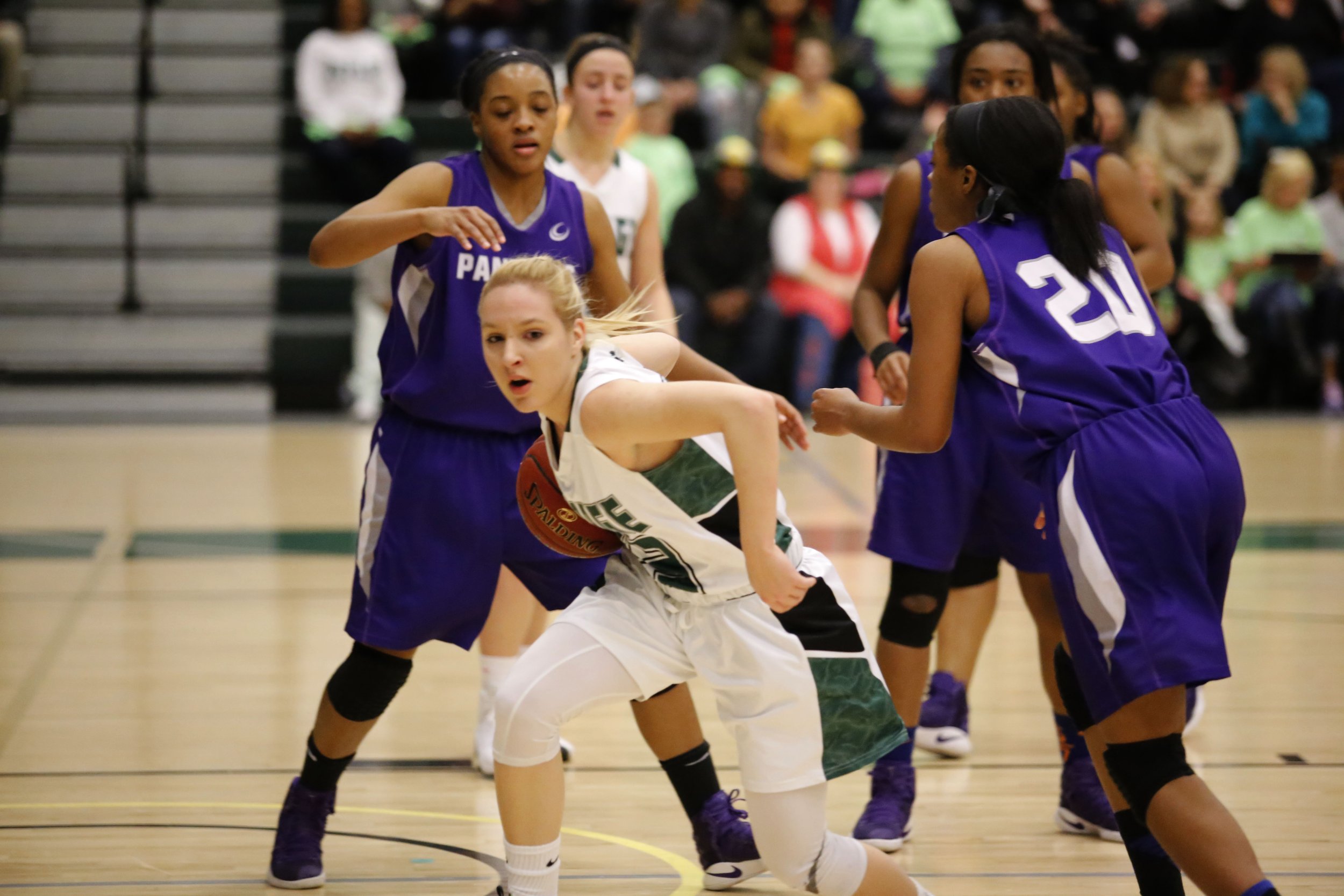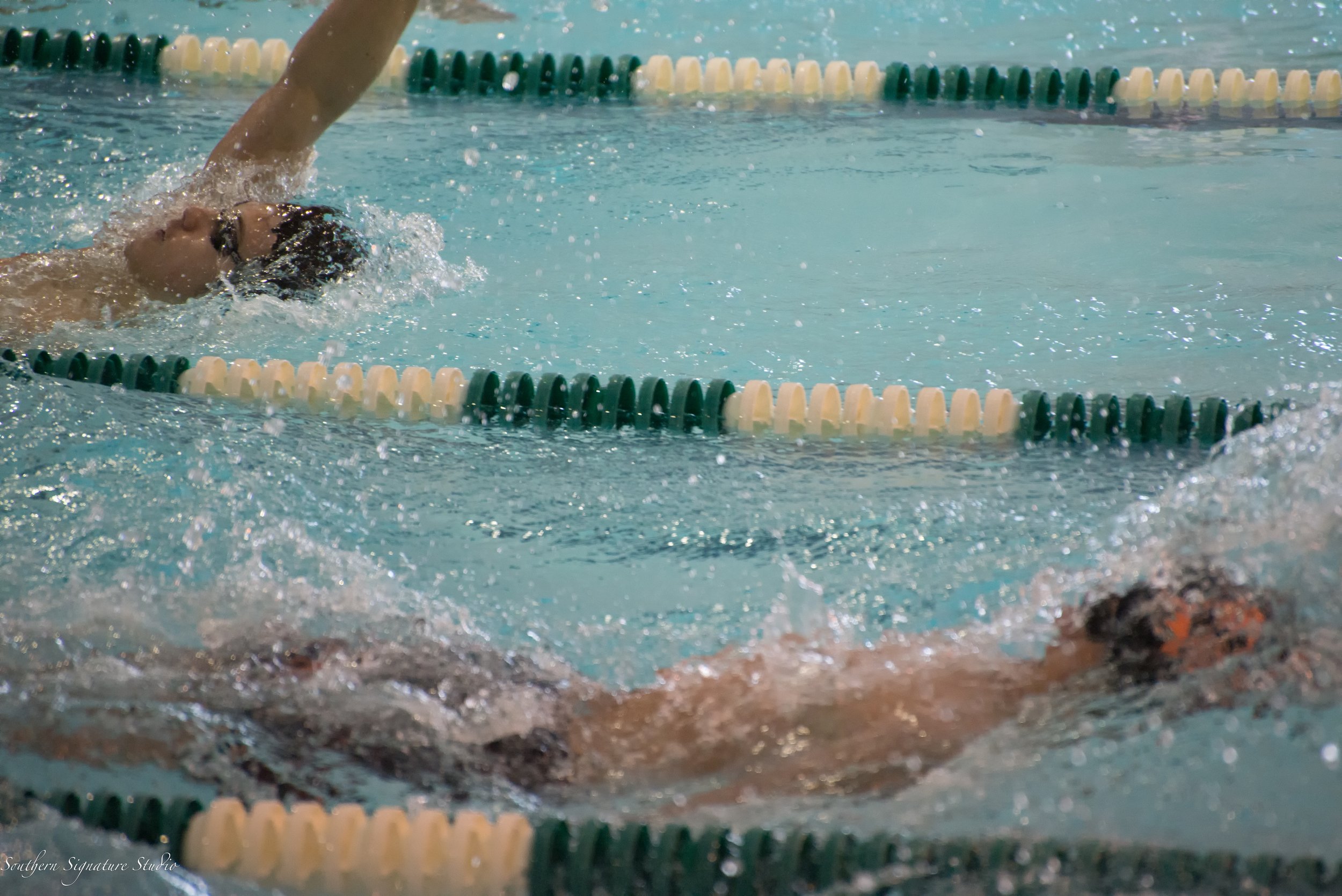How to Get Recruited as an International Athlete
Many international athletes do come to American colleges to compete. College coaches are aware that there is top tier talent world wide and many of them are very open to recruiting outside of the United States. The recruiting process differs considerably for international athletes, and I will attempt to go over the basic information that you need to know, in order to make the jump.
These aspects are:
Which sports recruit international student-athletes
When international athletes should start the recruiting process
How to contact college coaches as an international athlete
If international athletes can receive scholarships and financial aid
NCAA and NAIA academic eligibility requirements for international athletes
Sports that Recruit Internationally
You have to be aware that International recruiting occurs more in some sports than others. In general, the NCAA has the highest percentages of international athletes in basketball, field hockey, golf, ice hockey, soccer, tennis and water polo. This doesn’t mean international athletes don’t compete in other sports, but they are much rarer.
When does recruiting start internationally?
If you want to play for an American college, the recruiting process will likely be a bit more challenging tan for those who are already in the states. Coaches can hardly ever travel internationally to evaluate a recruit, so extra work is required to help coaches get to know you as an athlete. If you are serious about playing for an American college, I advise that you reach out to college coaches as soon as possible once you are high school aged, if you believe you have what it takes to compete. Following recruiting regulations, even if you are not 16 years of age or having completed your first two years of high school, you can contact coaches to get on their radar.
Important Information for International Recruits
There are some specifics to the recruiting process that can be especially confusing for an international athlete. A lot of the issues surround specific language, and rules that apply to how coaches can recruit. I recommend the following:
Familiarize yourself with recruiting vocabulary – There are many terms used in the recruiting world you will have to familiarize yourself with. Don’t assume you already know what a term means. Terms like graduation year, which is when you will enter college is used to refer to a recruit’s “class”. Knowing the language will help you navigate all guidelines best and even help you when you do have coach conversations.
Research college sports in the US – Study up on different schools, both from the athletic side and their academics. Joining the SCA Training Portal is the best way to get insider information on how to find the right school for you. You can also read up on the different aspects of college sports through the recruitment guide to get everything you need to know about making the jump.
Assess your academic eligibility – In order to play for an American college, you need to be academically eligible. Both the NCAA and NAIA have academic requirements and you will need to provide appropriate documentation for you to be admitted to any school. You may also need to take additional tests like the SAT and TOEFL, and submit scores to be able to compete.
Make a target list of schools – Once you study about the differences between schools you should make a target list of places you might want to go. Depending on the location the climate can change. Some schools have a larger amount of students than others, and of course your chosen field of study or major. Many schools today offer virtual tours and you can watch videos about each school on sites like YouTube.
Create an athletic resume – You can use any of the online recruiting databases to create a profile with all of your information. You should still reach out to schools directly, but this will allow you to e-mail coaches and direct them to one page with all of your information, including links to video.
The importance of recruiting video
Recruiting video is important for every athlete but exceptionally more for international ones. Coaches will likely be unable to watch you play in person so being able to send both highlights, and full game film will allow them to fairly evaluate your talent.
Create both a highlight film from some of your best plays and perhaps one that features your best games only. Also create a skills video where you are doing high level drills to showcase your skill to coaches.
Though most coaches will not look at a full game initially, if they want to continue evaluating you, they will also want access to a full game film. Be sure to have full competition film available so that they can get a more in depth look when you have gained their interest.
Contacting college coaches as an international recruit
If you are an international recruit then it will be very hard for coaches to find you. You should always prepare to reach out to coaches first in order to gain interest. Do this in one of several ways:
Email is the quickest and most efficient way to contact a college coach you can introduce yourself as a recruit, share your athletic stats and accomplishments and a link to your game film. If you have built a recruiting profile then you can also send a link to that page for coaches to get even more information.
Phone Calling and Text Messaging can be a bit challenging when you are doing so internationally. Time zones can vary greatly. However, WhatsApp and other internet-based applications have made it easier than ever to call internationally. Once you have established communication with a coach, you can still use these to grow the relationship.
Video Chatting and Internet calls with a coach can help to make things more personal when you are communicating across great distances. Use Zoom, Skype, and even FaceTime to continue conversations regularly.
Social Media is something that Coaches will often check to learn more about you but it is also a way to communicate. Coaches who use it will direct message recruits on Instagram, Twitter, and even TikTok. Always represent yourself professionally so that coaches take you seriously as an athlete.
What financial aid is available for international athletes?
There is money available for international athletes, but it is different from the options available to U.S. residents. The federal government gives out a lot of money to make college more affordable and that money is not available to international athletes but institutional financial aid and athletic scholarships are almost always still available.
Athletic scholarships are offered throughout the NCAA D1, D2, NAIA, and the NJCAA. These scholarships often are partial scholarships where money will need to be funded from other sources. However, if a college offers academic scholarships which most do, then these can also help to cover the cost of college. The better you do academically the easier it will be to get college paid for.
There do exist some scholarships that are not based on academics, but these are much fewer and harder to get. Colleges may review your other commitments outside of sports to determine whether you qualify. But some colleges do offer institutional financial aid that is need based. If offered this can help make college more affordable.
Coach Rob’s Note: The most common way to close the gap on making college more affordable apart from scholarships, is with private loans. This money will need to be paid back to the company that offered it but will cover your educational costs to start school.
International student academic eligibility – What is required
NCAA
To ensure that you will be eligible to compete for an American college you will need to register with the NCAA Eligibility Center. There you can document your progress based on the guidelines that are laid out to make sure you will have all of the required coursework to enter college. You should not worry too much about meeting the requirements because colleges also have admissions standards for international students. The school will likely require even more to be eligible than the NCAA so if you meet the school’s standards you should be fine. The information you will be providing to verify your certification will include:
ACT / SAT Test Scores – All international students are required to submit a test score for either exam to the NCAA using the submission code 9999.
Academic transcripts and records – If you take classes in a language other than English you will need to take a TOEFL exam, alongside submitting the grades from your courses. If documents are not in English, then it is also required that they be translated prior to submission.
Proof of graduation – Normally this comes in the form of a diploma or other official document that validates you have graduated from school in your native country.
The coursework requirements are fully documented on the NCAA website, but below is a summary of what is required to be certified to play:
Core HS Courses – If you are a high school student then you will need to pass the course list that the NCAA requires. This involves 16 course credits between Math, English Language Arts, Science, and Social Science.
Cumulative GPA (Core Courses)—The NCAA calculates your GPA from the core courses required for certification. You need a 2.3 as the minimum across these courses .The standard is actually lower for D2 schools requiring only a 2.2.
Standardized Test Scores (The Sliding Scale)— There is an SAT/ACT score requirement that is concurrent with a student’s GPA. The higher your GPA the lower you can score on either exam to earn initial eligibility. However, the NCAA no longer requires students to do this for eligibility. However, some schools may still require this to be submitted.
Amateurism Certification – You will also be required to answer a series of questions about your athletic and educational background before the NCAA grants you amateurism certification.
For more information you can use the NCAA Eligibility Center International Academic Standards for Athletics Eligibility.
You can also ask direct questions by contacting the NCAA using the NCAA Eligibility Center International Contact Form.
NAIA
The NAIA also has its own NAIA Eligibility Center which certifies academic eligibility for its member schools. The criteria to get certified through the NAIA require 2 of 3 checkpoints to be fulfilled. These are:
· Standardized Test Scores of either an 860 SAT or 18 ACT. These can be sent directly with the code 98
· A minimum high school GPA of a 2.0
· Graduation Class Rank in the top 50 % of your high school
You can learn about how to become eligible to play in the NAIA using the NAIA Guide for the International Student-Athlete.
Coach Rob is a recruiting expert and the Founder of SCA Recruiting. He is also the author of the book Winning the Ship: How to Win the College Athlete Recruitment Game. Available now on Amazon.

“93% OF HS ATHLETES DON’T PLAY IN COLLEGE… BUT I WILL HELP YOU BEAT THOSE ODDS. I GUARANTEE IT.”


